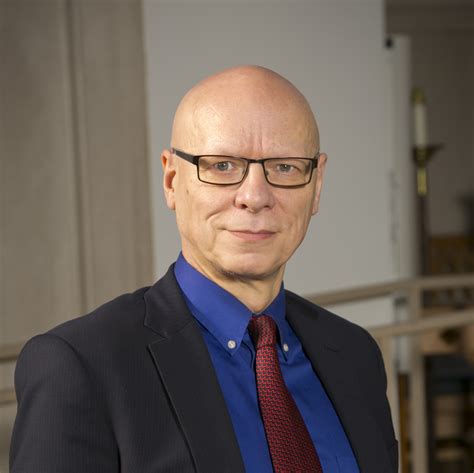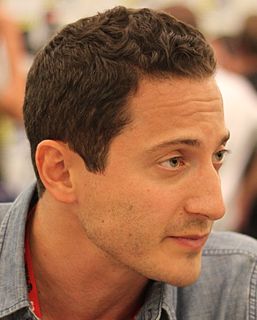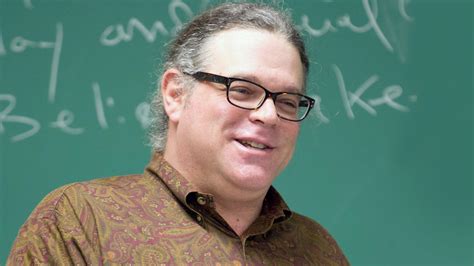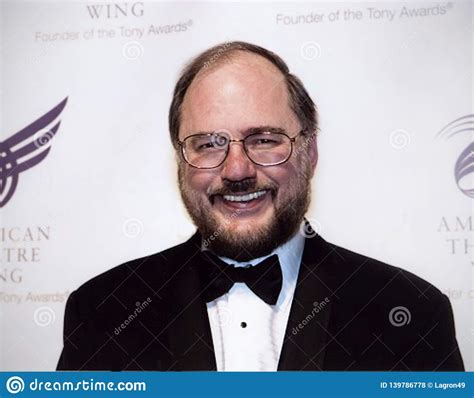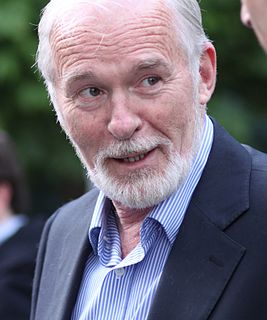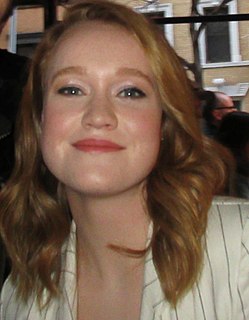A Quote by Robert Wilson
Some years ago, I was invited to speak in Houston, Texas. They said I was a founder of 'postmodern theatre'. So I said to my office, 'This is ridiculous for me to go and speak about postmodern theatre when I don't know what it means, but... they're paying me a lot of money, so I'll go.'
Related Quotes
At the Neighborhood Playhouse School of Theatre, Sanford Meisner said, 'When you go into the professional world, at a stock theatre somewhere, backstage, you will meet an older actor, someone who has been around awhile. He will tell you tales and anecdotes, about life in the theatre. He will speak to you about your performance and the performances of others, and he will generalize to you, based on his experience and his intuitions, about the laws of the stage. Ignore this man!'
I went to theatre school for four years and just wanted to do theatre. I had no ambition to be on TV or to be on camera. I just wanted to go to New York or London and be on stage... I did a lot of theatre in Montreal, got involved in TV in Toronto and then moved to L.A. I hope that film and TV will take me back to theatre.
I did spend about 5 years in the Griffin Theatre Company in 1978 actually , and worked therefore about 5 years on a voluntary basis. This was very much as a amateur, doing things like mopping the floor, handling props, setting up scenery, etc. I never acted, and don't think I'm an actor, but those years in the theatre taught me a lot about professional theatre.
But I don't know, maybe it's just as well I never got there. I dreamed about it for so many years. I used to go to English movies just to look at the streets. I remember years ago a guy I knew told me that people going to England find exactly what they go looking for. I said I'd go looking for the England of English Literature, and he nodded and said: "It's there.
At John Schlesinger's funeral at a synagogue in St John's Wood some years ago the person I stood next to said to me encouragingly, 'Come on, Stephen - you're not singing. Have a go!' 'Believe me, Paul, you don't want me to,' I said. Besides, I was having a much better time listening to him. 'No. Go on!' So I joined in the chorus. 'You're right,' Paul McCartney conceded. 'You can't sing.
Robert Duvall taught me years ago. He said, "You know theatre is not real. I don't like plays." You know, he doesn't like plays. And I agree with him in certain ways, you know. They can be fun. I don't mind going to see them. I went and saw Phantom of the Opera. I thought hey, that's cool. Look at the mask and all that.

